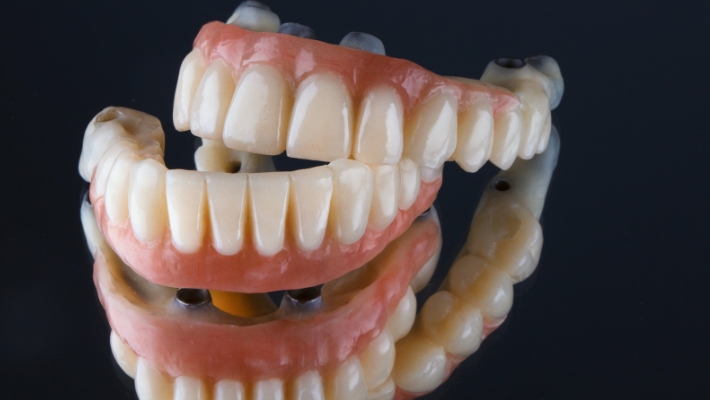
Dental implants are a long-lasting and effective solution to replace missing teeth. However, like any medical device, they are not immune to the effects of aging. Here we explore how aging can impact the performance and longevity of dental implants.
As we age, bone density tends to decrease, which can affect the stability of implants. Dental implants require strong bone for support, and significant bone loss could compromise their structural integrity.
Gum atrophy, or gum recession, is a common occurrence in older adults. This can expose more of the implant, increasing the risk of infection and potentially requiring additional treatments.
The materials used for implants, while designed to be durable, can wear out over time. Wear can be accelerated by factors such as bruxism (teeth grinding) or poor oral hygiene.
As we age, the ability to maintain rigorous oral hygiene may decrease, due to dexterity issues or cognitive conditions. This can increase the risk of peri-implantitis, an infection affecting the tissues around the implant.
Changes in oral structure due to aging may require adjustments in the dental prosthesis itself, to ensure a comfortable and functional fit.
Dental implants are designed to be a long-term solution, but they are not exempt from the influence of aging. Regular monitoring by a dental professional, such as those at Moqadem Dental Clinic in Marrakech, is essential to maintain the health and functionality of implants over time. With proper care, implants can continue to provide a high quality of life, even as we age.